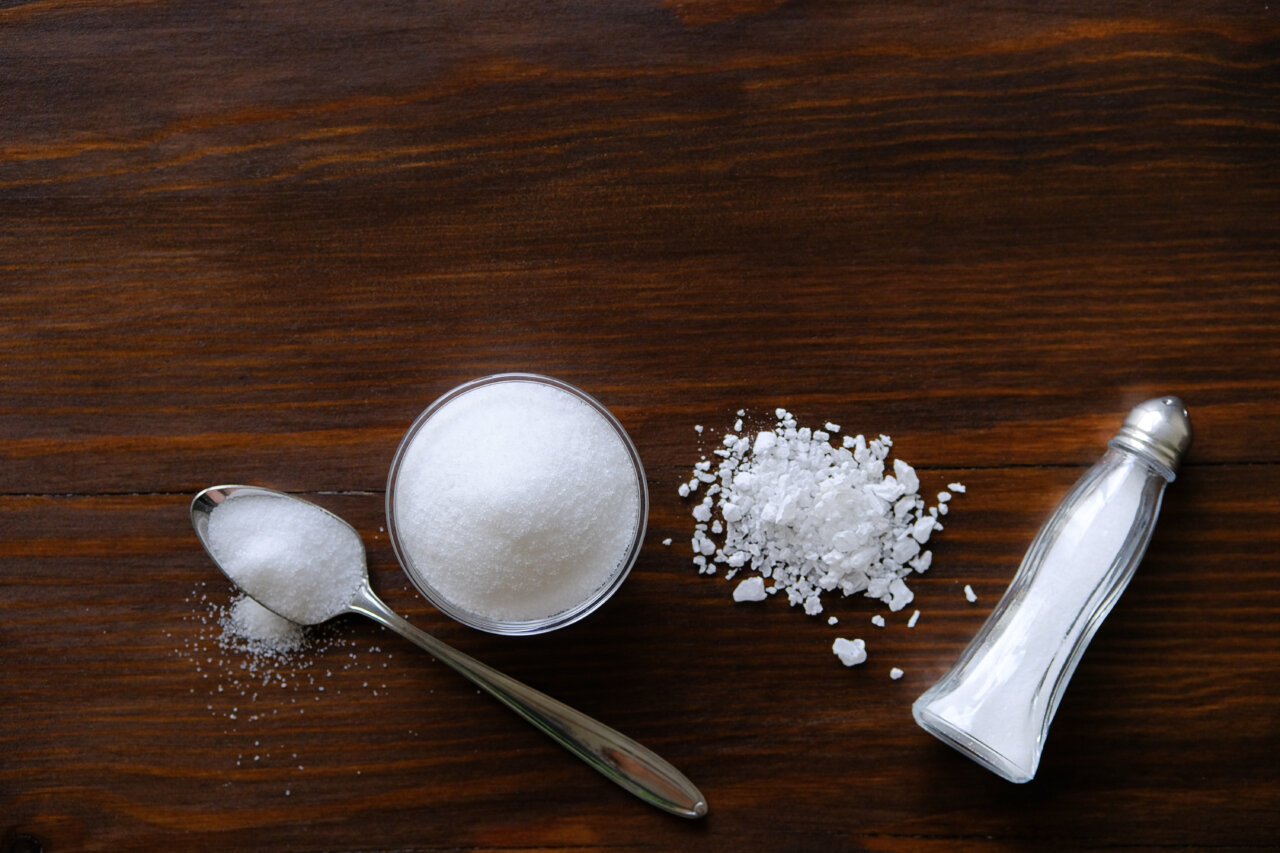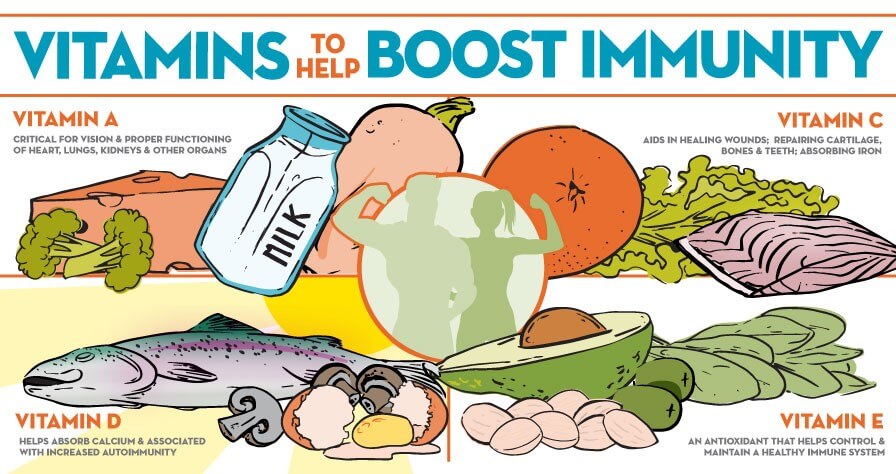What Are Micronutrients?

Your body needs many types of nutrients to function correctly. One group of them, called micronutrients, includes vitamins and minerals. “Micro” is in the name because you need smaller amounts of them than you do of macronutrients like proteins, carbohydrates, and fats. Even so, micronutrients play a vital role in good health.
Understanding Vitamins and Minerals
We hear the phrase “vitamins and minerals” so often that it would be understandable to think vitamins and minerals are essentially the same things. However, that’s not the case.
Vitamins are organic substances made by animals and plants. Minerals are inorganic materials found in soil and water.
In consuming plants or animals as food, you also consume the vitamins and minerals in them. When considering how to get micronutrients, it’s helpful to know that every organism’s micronutrient makeup varies, so you should eat a variety of healthy foods to ensure you’re getting everything your body needs for brain development, immune function, growth, etc.
Essential Micronutrients
What are the most important micronutrients? The list is long and includes:
Water-soluble vitamins
These vitamins dissolve in water, so your body can’t store them. If you consume more than you need, the vitamins get flushed from the body in your urine.
- Vitamin B1 (thiamine). Involved in converting food into energy.
- Vitamin B2 (riboflavin). Required for producing energy, burning fat, and other cell functions.
- Vitamin B3 (niacin). Essential to energy production.
- Vitamin B5 (pantothenic acid). Required for fatty acid synthesis.
- Vitamin B6 (pyridoxine). Important for producing red blood cells and releasing sugar from stored carbohydrates.
- Vitamin B7 (biotin). Involved in the burning of fatty acids, amino acids, and glucose.
- Vitamin B9 (folate). Crucial for proper cell division.
- Vitamin B12 (cobalamin). Required for the nervous system and brain functions and the formation of red blood cells.
- Vitamin C (ascorbic acid). Necessary for the production of skin collagen and neurotransmitters.
Fat-soluble vitamins
Fat-soluble vitamins don’t dissolve in water and are best absorbed when consumed with fat. Your body can store them in your liver or fatty tissues for use later.
- Vitamin A. Crucial for organ function and vision.
- Vitamin D. Helps with calcium absorption, bone growth, and immune system functions.
- Vitamin E. Important in immune function and protecting cells from damage.
- Vitamin K. Necessary for bone development and blood clotting.
Macrominerals
Called “macro” because you need more of them than trace minerals (see below), these substances are critical to specific body functions.
- Calcium. Essential to healthy bones and teeth, proper muscle function, and blood vessel contraction.
- Sodium. Assists in maintaining proper blood pressure and fluid balance.
- Potassium. Vital to nerve signal transmission, muscle function, and cell fluid levels.
- Magnesium. Helps with more than 300 enzyme reactions, including maintaining healthy blood pressure.
- Chloride. Assists with fluid balance and is a component of digestive juices.
- Sulfur. Present in all living tissue.
- Phosphorus. Crucial to cell membrane and bone structure.
Trace minerals
Your body requires smaller amounts of trace minerals, but they’re still essential for good health.
- Iron. Necessary for supplying muscles with oxygen and helps create specific hormones.
- Zinc. Required for growth, wound healing, and immune system function.
- Fluoride. Essential to bone and tooth development.
- Copper. Necessary for brain and nervous system function and the development of connective tissue.
- Manganese. Involved in cholesterol, amino acid, and carbohydrate metabolism.
- Iodine. Helps with thyroid regulation.
- Selenium. Plays a crucial role in reproduction, thyroid health, and protection from oxidative damage.
Learn More About Micronutrients from Baptist Health
If you have questions about your diet and whether you’re getting enough vital micronutrients, your Baptist Health physician is happy to answer them. If you don’t have a doctor, you can find one near you using our online provider directory.
Next Steps and Useful Resources
Best Vitamins to Help Boost Your Immune System
5 Vitamins You Might Be Overdoing
9 Surprising Benefits of Vitamin D



